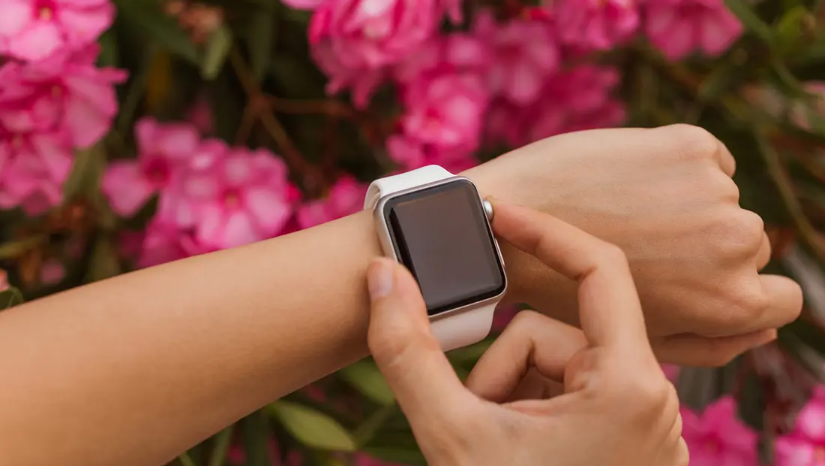
Apple has decided to halt the sales of its smartwatches, the “Series 9” and “Ultra 2,” in the United States this week. This move comes in the midst of a patent dispute related to the technology enabling the blood oxygen sensing feature in these watches. The U.S. International Trade Commission issued an order in October that could potentially prevent Apple from selling these watches, citing infringement on the patent rights held by the medical technology company Masimo.
Amid this, the Biden administration has until December 25 to review the decision. Apple, however, has announced that it is taking preemptive steps to comply with the ruling if it stands. The U.S. Trade Representative’s office, under the management of the Biden administration, mentioned that Ambassador Katherine Tai is carefully evaluating all aspects of this case.
If the U.S. Trade Representative’s office does not object, the ban on sales will take effect on December 26. Apple has declared it will cease the sales of the watches on its website starting from December 21 and at its retail outlets after December 24.
While the “Series 9” and “Ultra 2” models face sales restrictions in the United States, other Apple Watch models without the blood oxygen sensing feature, such as the “Apple Watch SE,” remain unaffected by the ongoing patent dispute.
Masimo’s CEO, Joe Kiani, expressed openness to negotiations with Apple back in October. In a statement released on Monday, Masimo stressed the importance of respecting the International Trade Commission’s decision, emphasizing the need to protect intellectual property rights and maintain public trust in the U.S. patent system while supporting the American industry.
Apple holds a significant share, around a quarter, of the global smartwatch market, and this share is anticipated to increase to over a third in the fourth quarter, particularly during the holiday sales seasons in the U.S. and Europe.
The “Series 9” and “Ultra 2” models will still be available for purchase outside the United States, ensuring continuity in markets such as Asia, even during the Lunar New Year season. Despite the International Trade Commission’s decision, Apple maintains its stance that the findings are incorrect and plans to appeal the decision to the federal circuit. The company’s stock experienced a 0.9% decline on Monday.
Leave a Reply